From here (page 4):
Many readers of this paper are familiar with the core values of Judaism and Christianity. It is important to know that Islam shares many of those core values as well.
Let’s see, the “core values” of Christianity would include the divinity of Jesus, his resurrection, his virgin birth, his atoning for man’s sin though dying on a cross, his being the only way to God Father, his coming again; not to mention the Trinity, the Eucharist and the Church as the Bride of Christ. How many of these core values does Islam share? None.
A core value that provoked Bishop Peter Fenty into making the above silly statement was:
Adherents to Judaism, Christianity and Islam believe in the sacredness of life.
Regrettably, not even that is a core value for North American Anglicanism: neither the ACoC nor TEC will unequivocally condemn abortion so, clearly, life is not sacred to them at all.
To explain ISIS and what is happening in Iraq, the bishop goes on to quote Imam Feisal Abdul Rauf, the fellow who, to promote harmony, wanted to build a mosque in the ashes of the World Trade Centre:
We may be decades away from achieving a true Islamic state in Iraq and Syria. The region must heal from more than a century of colonial domination, Cold War conflict, despotic regimes, and economic stagnation that has left so much of the population grasping for anything to assert their power and address political grievances.
As you can see, the problem lies anywhere but with Islam.


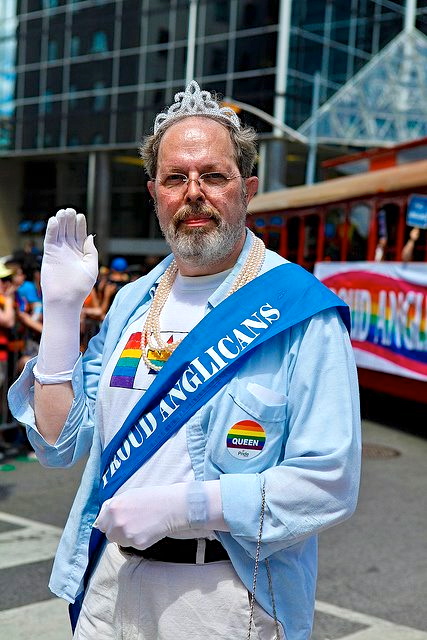 Among the first recipients of the Order of the Diocese of Toronto is Chris Ambidge, a leader in
Among the first recipients of the Order of the Diocese of Toronto is Chris Ambidge, a leader in 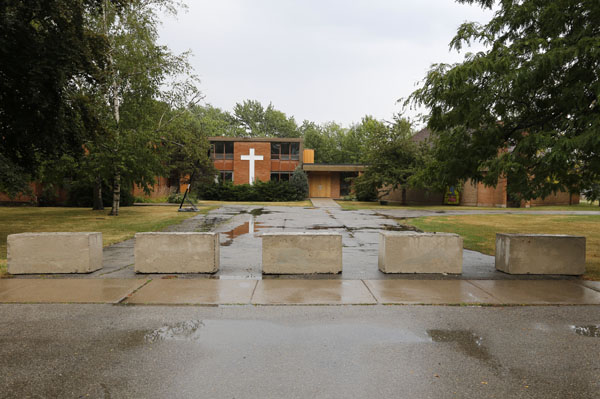
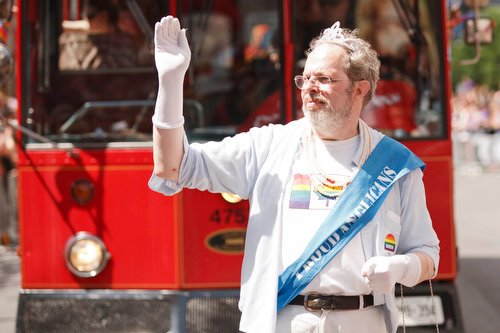 Here is Rev. Andrea Budgey sprinkling onlookers from her aspergillum. As Chris Ambidge (the one in the tiara) declared: “Who woulda thought evangelism could be this much fun?”
Here is Rev. Andrea Budgey sprinkling onlookers from her aspergillum. As Chris Ambidge (the one in the tiara) declared: “Who woulda thought evangelism could be this much fun?”
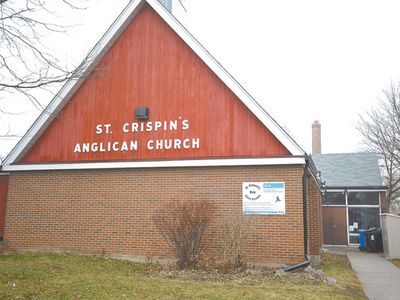
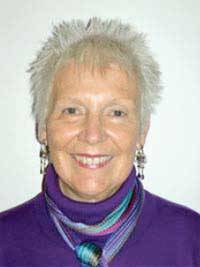 From
From 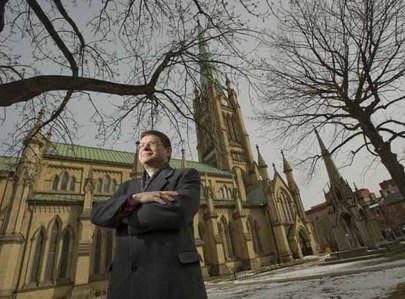 slogans and living simply.
slogans and living simply.